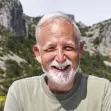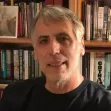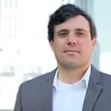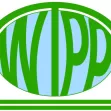Car Free
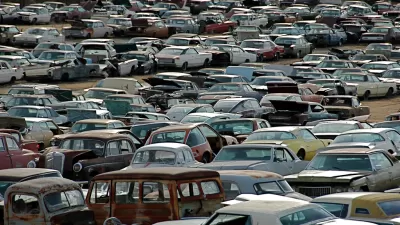
More 'Car-Rich' Households Mean More Car Ownership
More people are buying cars, even while more people are choosing to go without cars.
Commercial Corridor Going Car Free in L.A.'s Playa Vista
A proposal to block cars from the Runway in Playa Vista reflects a new approach to user experience in retail environments.
Making the Car Free Choice
The U.S. Census Bureau estimates that in 2007, over 9.8 million American households had no auto available at home. Although those car free households make up only 8.7% of the U.S., the split by housing ownership is striking: only 3.3% of owner occupied homes do without at least one vehicle, where fully 19.9% of renters have no cars parked in the proverbial driveway. For some, not owning a vehicle is not a matter of choice -- just the reality of limited resources. For others, it's a matter of preference, and many residents of cities with fairly good public transportation choosing to go without cars. Although car ownership is a useful indicator of neighborhoods that provide good options for public transit, the reality is the most important variable isn't whether you own one, but how much you drive. That's the idea behind the annual Car-Free Challenge sponsored by the San Francisco Bay Area nonprofit TransForm (formerly TALC - Transportation and Land Use Coalition). The Challenge's over 160 participants pledged to drive less than 125 miles in June, much less than the Bay Area average of 540, or the U.S. average of over 1,000. Many participants contributed blog posts about their experiences on the Challenge website. More than just a group of footloose young professionals living in The Mission, challenge participants were remarkably diverse group living mostly in the Bay Area but also Sacramento, Los Angeles, and cities outside of California.
City of Costa Mesa
Licking County
Barrett Planning Group LLC
HUD's Office of Policy Development and Research
Mpact Transit + Community
HUD's Office of Policy Development and Research
Tufts University, Department of Urban and Environmental Policy & Planning
City of Universal City TX
ULI Northwest Arkansas
Urban Design for Planners 1: Software Tools
This six-course series explores essential urban design concepts using open source software and equips planners with the tools they need to participate fully in the urban design process.
Planning for Universal Design
Learn the tools for implementing Universal Design in planning regulations.
























